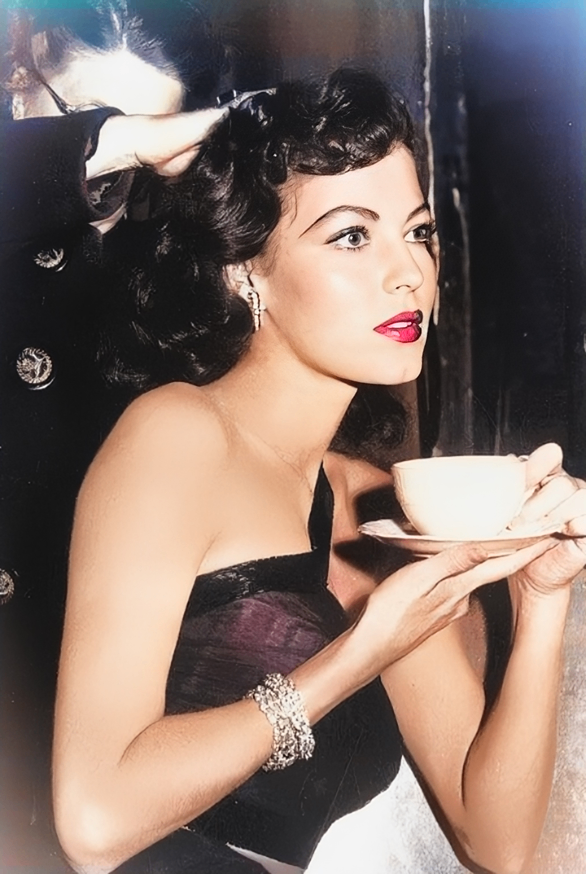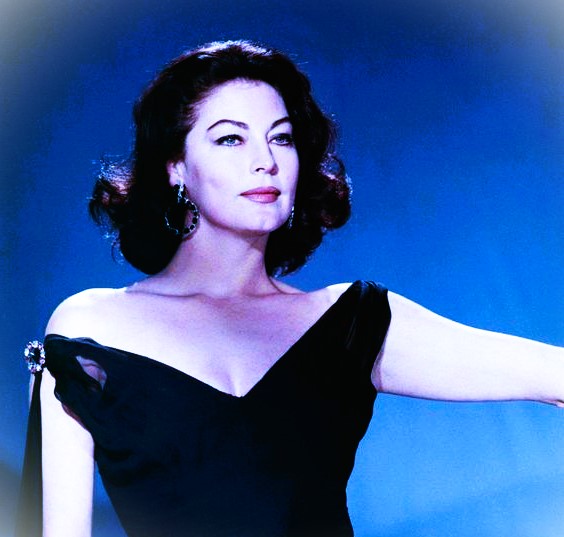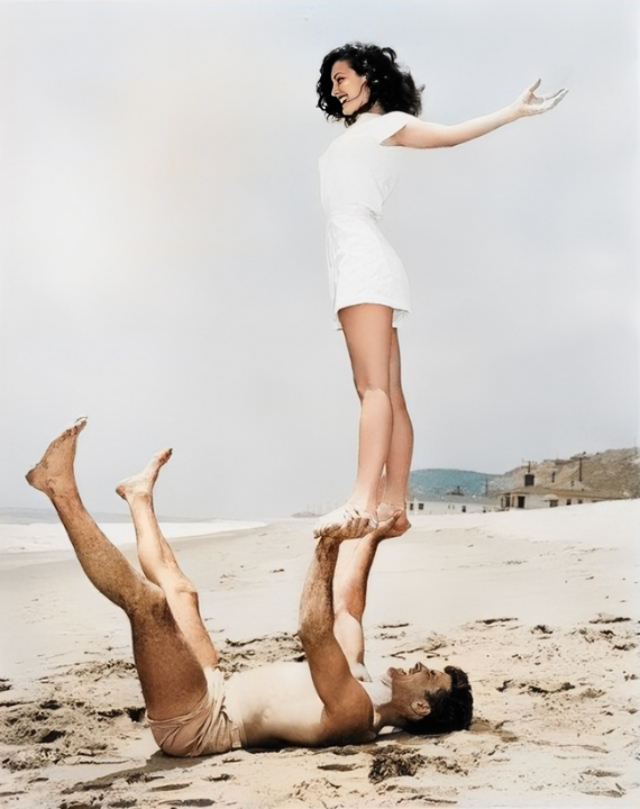 In the shadowy world of 1946 film noir, Ava Gardner’s electrifying entrance as Kitty Collins in Robert Siodmak’s “The Killers” didn’t just illuminate the screen – it set it ablaze. Gardner’s portrayal of Kitty, the epitome of femme fatale allure, not only catapulted her into Hollywood stardom but rewrote the script on what it meant to be a leading lady.
In the shadowy world of 1946 film noir, Ava Gardner’s electrifying entrance as Kitty Collins in Robert Siodmak’s “The Killers” didn’t just illuminate the screen – it set it ablaze. Gardner’s portrayal of Kitty, the epitome of femme fatale allure, not only catapulted her into Hollywood stardom but rewrote the script on what it meant to be a leading lady.
Picture this: a sultry evening, a smoky room, and Gardner, in all her mesmerizing glory, weaving a spell with her enchanting voice. As Kitty Collins, she becomes the puppeteer of fate, ensnaring the heart of Burt Lancaster’s ‘The Swede’ in a dangerous dance of desire and deceit.
Share with your friends if you like these photos
Kitty is more than a character; she’s a paradox, a delicate flower with thorns of ice. Gardner, beyond her physical allure, delivers a performance that is a tightrope walk between vulnerability and ruthless manipulation. This wasn’t just about being a pretty face; it was about wielding sophistication and subtlety like a lethal weapon.
Share with your friends if you like these photos

“The Killers” wasn’t just a film; it was Gardner’s grand unveiling, a breakout role that showcased her acting chops and cemented her as a serious contender in the cinematic landscape. Critics hailed her ability to infuse Kitty with both seductive charm and sinister intent, a balancing act that set a new standard for femme fatales.
Gardner’s legacy as Kitty Collins extends beyond the black and white frames of “The Killers.” She transformed the femme fatale from a two-dimensional seductress into a complex, powerful archetype, leaving an indelible mark on the portrayal of women in cinema. Her influence echoes through the performances of actresses who followed, ensuring that Gardner’s legacy remains as timeless as the era she helped define.
Share with your friends if you like these photos






